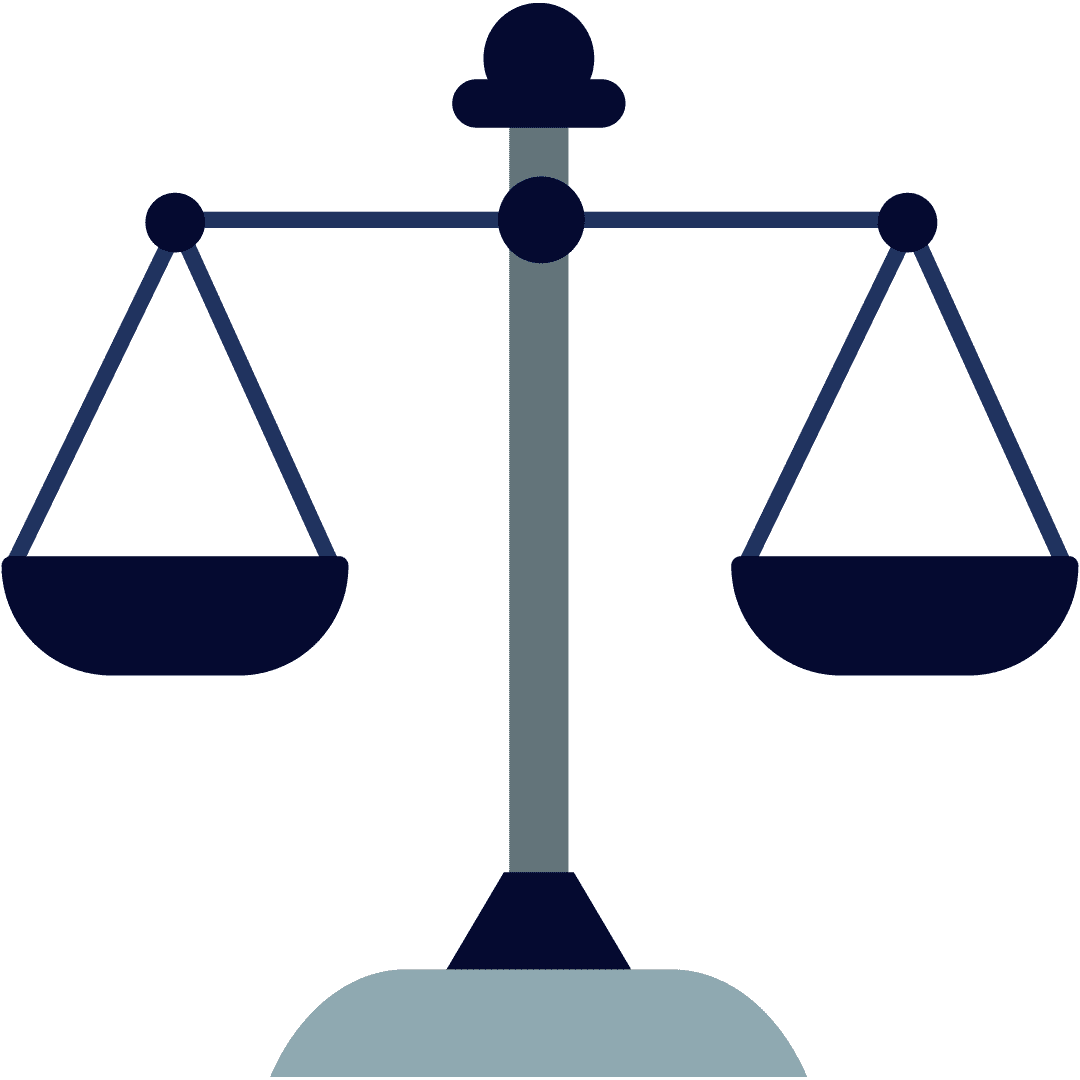Many of my favourite books are banned in several American states. The conversation is about children’s safety, parental paranoia, and the problem of censorship in the modern age. I believe that parents have already had their young years. As much as we are grateful to have them in our lives to impart gems and nuggets of wisdom to us from time to time, I think it is a disservice to the growth of young people to have them control and curate every aspect of their children’s lives. Who draws the line between protection and control; especially when one parent’s actions end up impacting the lives and experiences of another parent’s children?
South Africa may not be a safe space for LGBTQ+ people, but it is better than most countries. In many African countries, being gay is a crime.. In many American states, while gay, lesbian, or trans rights are recognised, there are still groups of people lobbying to outlaw drag queens, calling for Straight Pride Month, and the most recent: banning books that challenge the straight, white, and Christian way of living. This cause is championed by parents who feel uncomfortable with having their children read books that mention race, sexuality, gender, and any other theme that challenges a heteronormative narrative.
A group of people coming together to ban books they disagree with has always been problematic in my eyes. It reminds me of the Hitler regime in Nazi Germany where they burned books in the town square. Are we not supposed to learn from history to do better?
I believe that young people should be at the forefront the conversations like this because the books being banned by adults are books targeted at children and young adults. Adults making decisions on behalf of their children without consulting them is the beginning of many problems where self-actualisation is concerned. I keep thinking about how it would be if the South African ruling party decided to do something like this. We would be screwed!
I had a chat with Carter, a young American graduate from Seton Hall University about this—they studied English and History; so who better to shed some light on this?
“It is weird,” Carter begins telling me, “From what I understand, many books about queer characters or by queer authors are primarily concerning self-love and understanding yourself and how to better get those around you to understand you, something that the Bible teaches,” Carter mentions this because the groups of people helming these book bans usually quote the Bible. It is egregious that the Christian religion would even be used to normalise silencing and policing art when not everyone is Christian, to begin with.
“Taking away other people’s published works is a shame because it infringes on their rights to free speech and self-expression, and even more dangerous because banning books simply because they are about a certain topic is more harmful than what people think is in the books.” Carter continues, explaining how young people should be allowed to learn about race and gender even if it doesn’t affect them, the same with sex and sexuality. That is how we learn empathy. Why ban those type of books? What about the young Black, queer person who wants to read these books? Should they not be expected to learn about themselves? Why should the comfort of one group of people be more important than that of others?
That is the major issue with censorship. It usually does not affect the person who has an issue with the content. It can be assumed that if a parent cannot allow a child to read a book about sex, then they would not be open to having that discussion with them at home. This puts the children at the risk of going onto the internet to look for the answers themselves, which is not necessarily the best place for a young curious person to be. The internet can be helpful, but it is also a place with misinformation and a lot of predators ready to take advantage of impressionable young people.
Children are sent to school so that they can learn, grow, and become fully actualised adults. Literature is an important part of that growth because it opens people up to the world and inspires them to think, and to ask questions. Censorship allows the culture of ignorance to persist, and creates emotionally stunted individuals who refuse to learn from the world around them.
****
At Fundza, we value a positive, respectful, and inclusive community where everyone feels safe to share their thoughts. Please remember to keep your comments friendly, constructive, and free from any form of hate speech, bullying, or discrimination. Any comments containing offensive language, personal attacks, or harmful content will be removed, and repeat offenders may be banned. Additionally, do not share personal information about yourself or others. This includes but is not limited to, phone numbers, addresses, or any other private information. Let’s keep the conversation welcoming, safe, and supportive for all!



